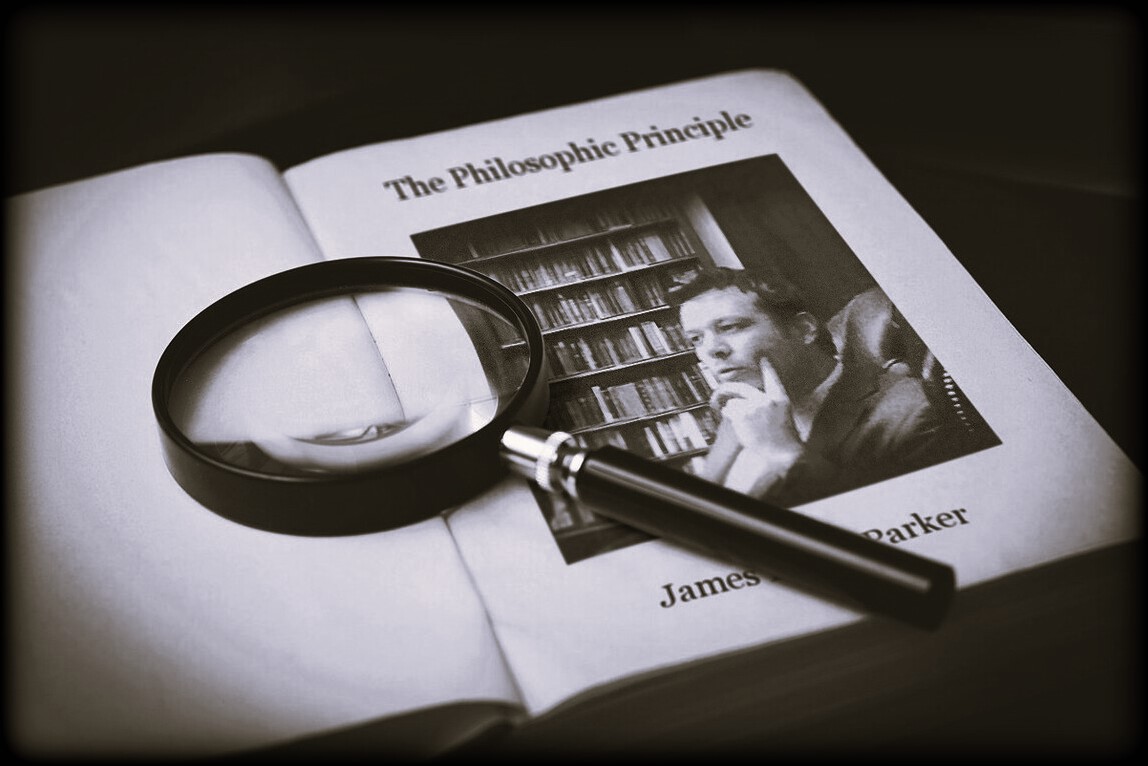The Philosophic Principle
1. Core Idea
James’s philosophic principle posits that there exists a reality independent of human perception or cognition (realism), but our access to and understanding of this reality is mediated by certain conditions, such as consciousness, intuition, or fundamental structures of existence.
In essence:
-
Reality exists independently: It does not rely on human observers for its existence.
-
Understanding is mediated: Humans interact with this reality through structures or principles that shape their perception beyond ordinary sensory or material understanding.
2. Key Principles
-
Objective Reality: Reality exists as it is, regardless of whether we perceive it. While idealism is relatively true from the perceptual level of understanding, reality is not tied to perceptions for it is in and of itself. Relative perceptions are all partial expressions of the the totality of reality itself.
-
Philosophic Framework: The conditions of knowing or experiencing reality (e.g., space, time, causality, or spiritual intuition) shape how we perceive the independent reality.
-
Dynamic Interaction: Human cognition, while shaped by the philosophic principle, is not the limit of reality; there are aspects of existence that surpass human comprehension yet remain real.

3. Philosophical Influences
James’s philosophic principle might draw from or align with:
-
Immanuel Kant (Transcendental Idealism): Kant argued that we perceive reality through a framework of a priori categories like space and time, though the “thing-in-itself” (noumenon) remains unknowable. The philosophic principle flips this idea, asserting that we can engage with reality beyond perception.
-
Speculative Realism: A contemporary philosophical movement that critiques correlationism (the idea that we can only understand the relationship between thought and reality) and explores reality beyond human cognition.
-
Vedantic, Buddhism, Zen Buddhism, Christian Mysticism, Sufism and Taoist Thought: Wisdom traditions emphasize an ultimate reality or principle (e.g., Brahman or the Tao) that transcends human understanding but permeates existence.

4. Philosophic Principle in Practice
James may integrate the philosophic principle into a broader spiritual or metaphysical framework. Possible applications include:
-
Spiritual Understanding: The belief that there is a higher, ultimate truth that transcends material existence but can be accessed through inner transformation or spiritual practice.
-
Science and Mysticism: Bridging empirical inquiry with principles that suggest science explores the material aspect of an independent reality while mysticism seeks the deeper, foundational truths.
-
Ethics and Meaning: By acknowledging a reality beyond human perception, the philosophic principle could ground moral and existential principles in something more enduring than subjective human perspectives.
5. Contrasts with Other Philosophies
-
Beyond Idealism: It denies that reality is dependent on human perception or mind.
-
Beyond Empirical Realism: It goes beyond the physical world to assert the existence of deeper dimensions or principles.
-
Beyond Nihilism: It maintains that reality has inherent meaning or structure, even if it is beyond immediate human comprehension.
6. Significance of the Term
The philosophic principle seeks to harmonize:
-
The idea that reality is objective and exists independently.
-
The recognition that our access to this reality is mediated by certain foundational principles, whether cognitive, spiritual, or philosophical.
-
A willingness to explore the limitations of human knowledge while affirming the existence of a richer, independent reality.
In essence, it bridges the gap between material existence and ultimate truth.

